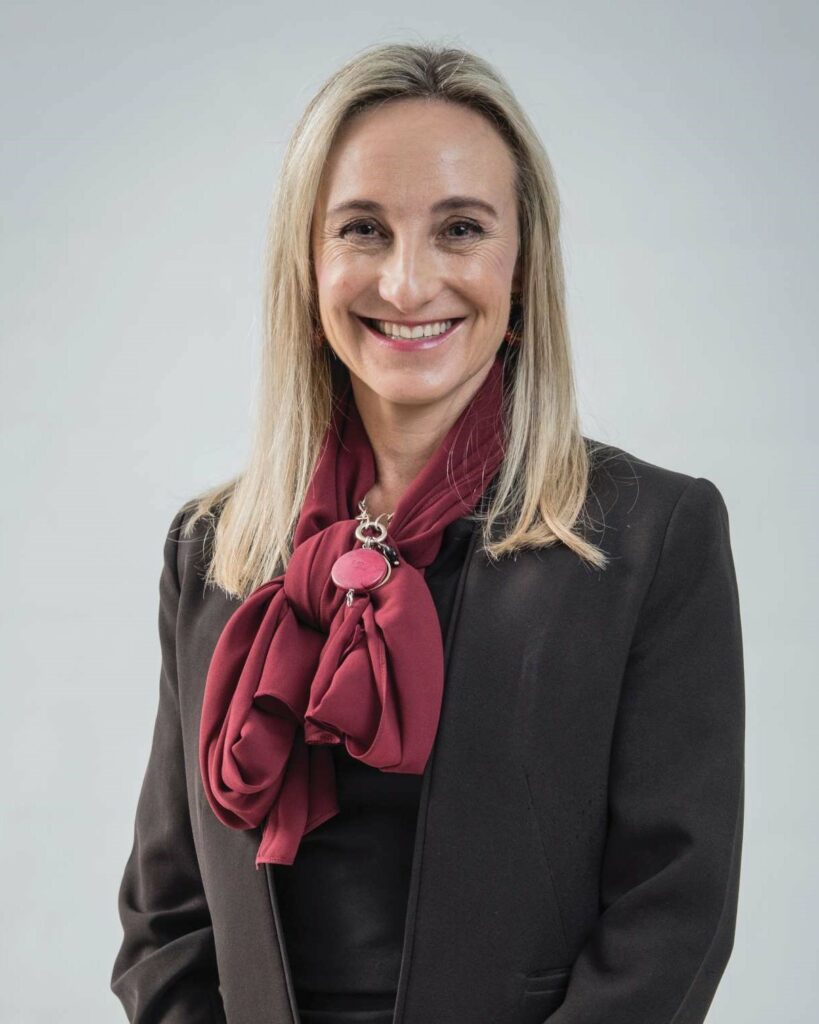While the ageing advisor demographic, typically in their late 50s to early 60s, is often cited as a primary driver, it is only part of the story. Advisors of all ages and backgrounds share a common concern, which is to ensure their clients are well cared for after they retire or exit the industry.
Advisors often form deep, multi-generational relationships with their clients, extending to their children and extended families. This bond fuels their desire to secure a reliable successor who can maintain the same level of care and trust. As a global discretionary fund manager (DFM) and multi-manager, we work with a diverse group of advisors who differ in age, expertise and goals. Some want to retire or sell their books, while others want to grow their assets organically or are looking to buy another advisory business. Whether they aim to retire, sell their books or grow their practices, succession planning is a universal concern.
Our approach begins with ensuring that the advisor’s investment offering is clean and scalable. Using specialist (asset class) building blocks means that we use the same funds across all portfolios. This creates huge efficiencies, often resulting in lower fees and means that advisors get to know the underlying funds well. It’s easier to hand over a “clean” book to a successor – making it easier to get their buy-in, explain the offering and very importantly, often results in a higher price-earnings ratio multiple being applied to the practice. Advisors deserve to be well-rewarded for the work they have put into building successful practices.
Our approach begins with ensuring that the advisor’s investment offering is clean and scalable.
Not all advisors intend to sell their books; some simply want to free up time. In these instances, they may be looking for someone to join the practice and take over some of the clients. Again, a “clean” book makes this process straightforward, especially when transitioning a smaller, manageable number of portfolios rather than dealing with dozens of varied underlying funds.
For those looking to grow their books, building similar portfolios across multiple practices can streamline buy-and-sell agreements, making consolidation easier over time. Over time, it’s a matter of consolidating what is already in practice a similar underlying solution.

Additionally, streamlined investment practices offer other benefits – using the same advice tools, same LISP platforms, same underlying manager as well as reducing risk and administrative burden related to licensing, compliance and reporting. Faster turnaround times and improved reporting enhance the quality of client communication, helping clients stay invested and better reach their financial goals. It also means that our advisors start to work smarter – not only harder.
Removing admin and compliance burden from advisors results not only in efficiency but also cost and time savings. In many instances, not only do advisors now have time to focus on interests outside of work, but often they land up offering additional services like investor days and behavioural finance analysis to their clients.
And for advisors on both extremes of the spectrum – those selling and those looking to buy books – now have time to actively look for these opportunities. We can assist by trying to match them to providers whose job it is to focus on consolidation, further facilitating seamless transitions.
At Equilibrium, we bring improved balance into your financial advice practice to enable you to do what really matters – spending more time with your clients and building your business.
To find out more, visit eqinvest.co.za.
Florbela Yates is the head of Equilibrium in the Momentum Metropolitan group. Equilibrium is an independent discretionary fund manager that partners with financial advisors to help them enable their advice outcomes. Equilibrium brings balance to an advice practice by delivering services and investment solutions to help clients achieve their defined investment goals.












